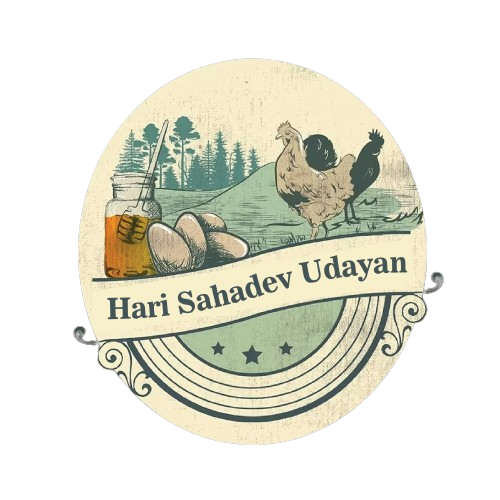
A Quick Solution to Low Milk Production
Low milk production in dairy cows can be caused by various factors, including nutritional deficiencies, health issues, stress, or environmental factors. While addressing the underlying cause is essential for long-term improvement, there are some quick solutions that farmers can implement to temporarily boost milk production. Here are a few:
- Increase Feed Quality: Providing high-quality, nutritious feed can quickly stimulate milk production in dairy cows. Supplementing the diet with energy-dense feeds such as grains, legumes, and oilseeds can provide the necessary nutrients to support increased milk production. Ensuring access to fresh, clean water is also crucial for optimal hydration and milk yield.
- Adjust Feeding Frequency: Increasing the frequency of feeding can help stimulate milk production by providing cows with more frequent access to nutrients and energy. Splitting the daily feed allowance into smaller, more frequent meals throughout the day can encourage cows to eat more and produce more milk.
- Improve Comfort and Housing: Creating a comfortable and stress-free environment for dairy cows can positively impact milk production. Providing adequate bedding, ventilation, and temperature control in the barn or milking parlor can reduce stress and promote relaxation, leading to increased milk yield. Minimizing disturbances during milking sessions and ensuring cows have access to clean, comfortable resting areas can also contribute to higher milk production.
- Supplement with Calcium: Calcium plays a crucial role in milk production, and cows experiencing low milk production may benefit from calcium supplementation. Providing calcium-rich supplements or drenches can help replenish calcium levels and support milk synthesis in lactating cows. Consultation with a veterinarian or nutritionist is recommended to determine the appropriate dosage and administration method.
- Administer Hormonal Stimulants: In some cases, hormonal stimulants such as oxytocin or bovine somatotropin (BST) may be administered to temporarily boost milk production. Oxytocin stimulates milk let-down and can be administered during milking sessions to increase milk flow. BST is a naturally occurring hormone that regulates milk production and may be administered to dairy cows to enhance milk yield. However, the use of hormonal stimulants should be carefully regulated and monitored to ensure animal welfare and compliance with regulatory guidelines.
- Regular Milking Schedule: Maintaining a consistent milking schedule is essential for maximizing milk production in dairy cows. Milking cows at regular intervals stimulates milk production and helps prevent engorgement or discomfort. Implementing a strict milking routine, including milking at the same times each day and ensuring thorough udder emptying during each milking session, can help optimize milk yield.

